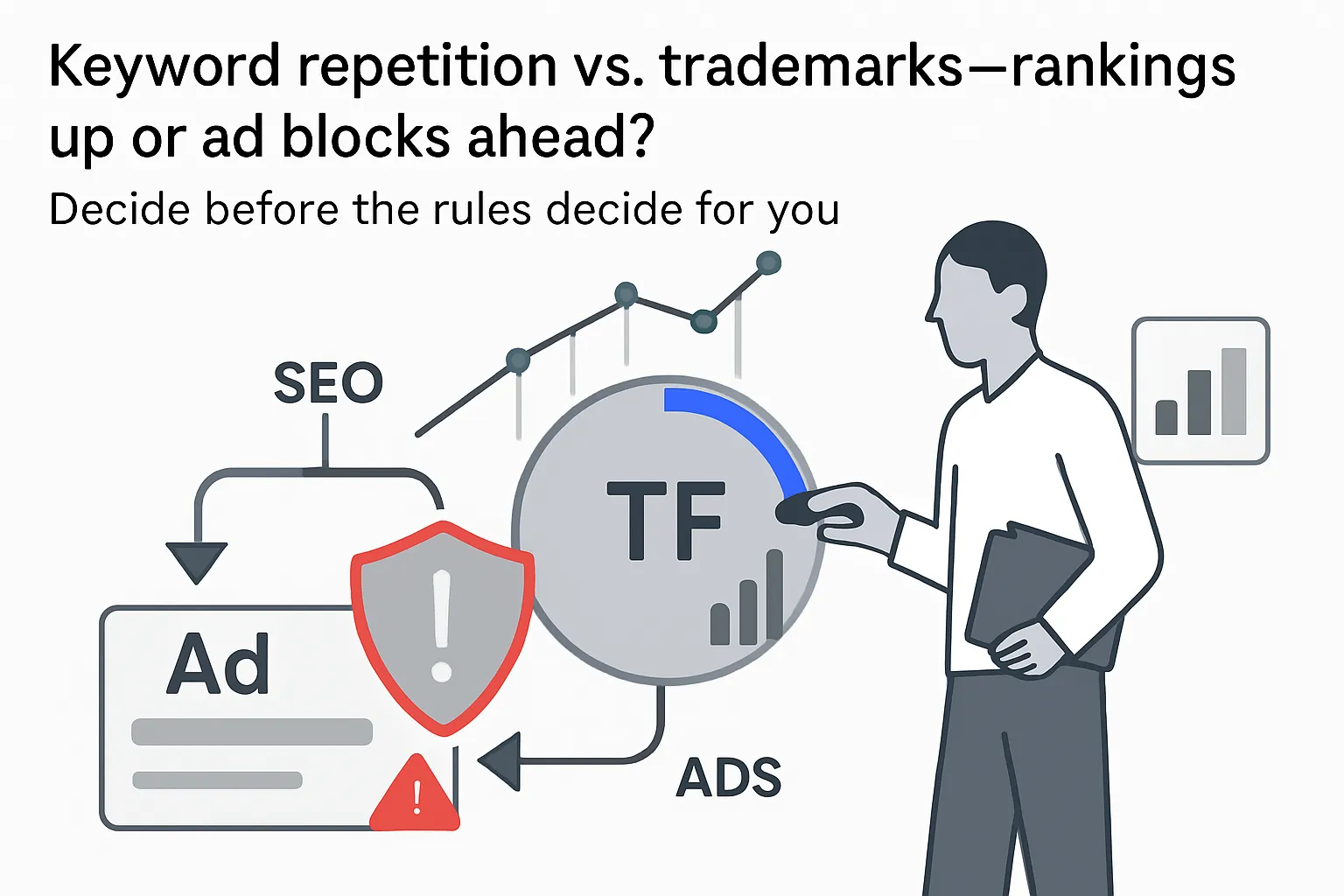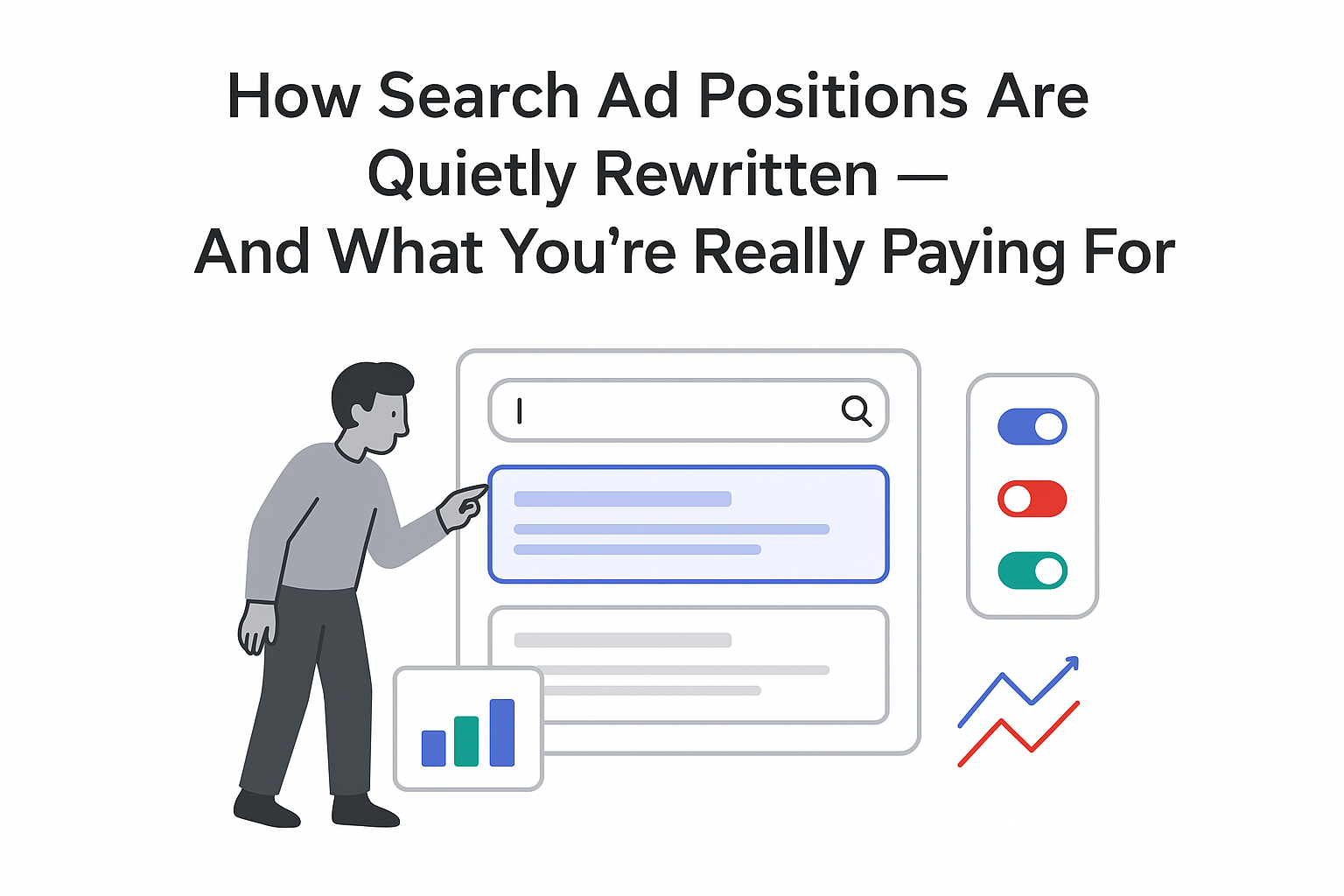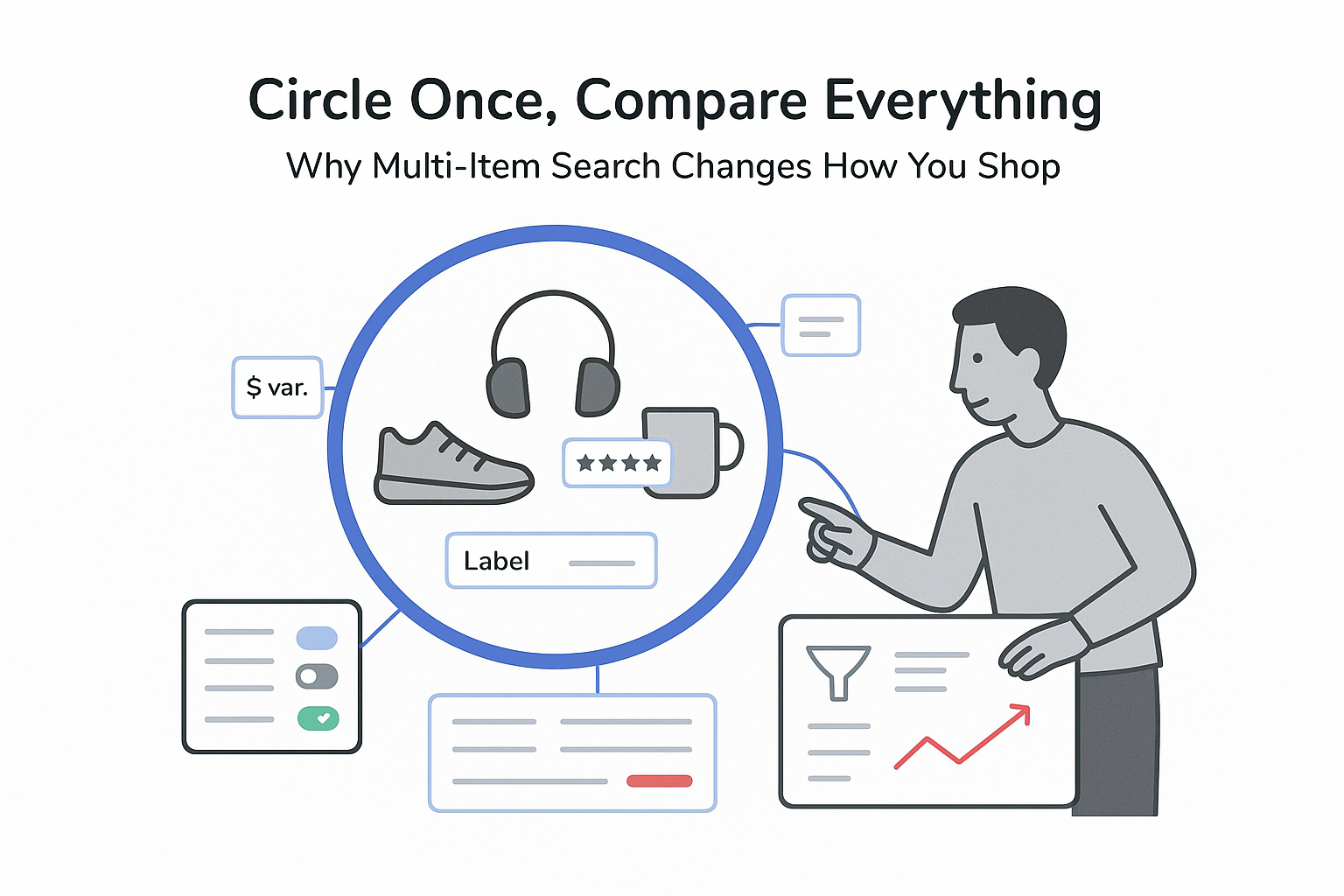Automattic's counterclaim against WP Engine argues that repeating "WordPress" and "WooCommerce" improves SEO and misleads users. The practical questions for marketers: does raw keyword frequency still move rankings, and how should teams adjust copy, ads, and disclosures that mention trademarked terms?

How Automattic's SEO claim on trademark repetition could shift WordPress-hosting competition
Thesis: The legal claim that raw keyword frequency increases search rankings conflicts with modern search systems, and the presented benchmarking appears mis-specified. Marketers should prepare for tighter trademark-compliance and paid-search policy risk, not wholesale SEO rewrites. The operational priority is preserving user clarity while reducing legal exposure across titles, headers, and ad text that mention "WordPress."
Key Takeaways
- Raw keyword count is not a primary ranking lever - intent and semantic relevance are. Cutting "WordPress" mentions on key pages is unlikely to move organic rankings materially if content quality and links hold. See Google's web page about how search works.
- The counterclaim's evidence compares a single-focus host to generalist hosts. Like-for-like page analysis shows WP Engine's page uses "WordPress" less than many rivals. Benchmark at the page level against direct competitors, not across entire domains.
- Paid search is the real exposure area. If trademark enforcement tightens, be ready to run variants that avoid "WordPress" in ad text and accept lower CTR on exact-match queries. Budget and CPA could drift up. Treat as assumption-based until policies change.
- Legal and content ops need alignment: add clear "not affiliated" disclosures, avoid logos, and confine trademark use to nominative references that are necessary for user understanding - without degrading clarity.
- Watch for platform enforcement changes. Google ranking guidance contradicts keyword-count claims, but Google Ads trademark enforcement is complaint-driven. Monitoring tickets and disapprovals will matter more than SEO tweaks.
Situation Snapshot
- Trigger: Automattic's counterclaim alleges WP Engine increased use of "WordPress" and "WooCommerce" on-site as an SEO tactic to capture WordPress-related queries, causing confusion. The filing states search engines "factor in the number of times a term appears" on a site.
- Facts from reporting:
- Google's documentation emphasizes intent and language models; results can rank without exact query terms.
- Page-level comparisons cited: "WordPress" mentions - Rocket.net (21), WP Engine (27), Kinsta (55). Several generalist hosts exceed WP Engine's counts on their "managed WordPress hosting" pages (e.g., InMotion 101, GreenGeeks 97).
- Google's spam policies discourage keyword stuffing, not reward it.
"Search engines factor in the number of times a term appears" on a site.
Breakdown and Mechanics
- Automattic's logic as alleged: more "WordPress" mentions on WP Engine sites leads to higher algorithmic "relevance" and rankings for WordPress-intent queries, which in turn increases user confusion and diversion.
How modern ranking works
- Query understanding uses language models and synonyms to match intent, not just exact term repetition.
- Overuse of terms can be treated as spam if manipulative.
- Drivers: page usefulness, linking patterns, and entity coverage outweigh raw token counts. High repetition without added value increases demotion risk.
Evidence quality
- Domain-wide "monthly mentions" conflate product mix with SEO tactics. A single-product site will naturally show higher average mentions than a generalist host - independent of ranking effects.
- Page-level, like-for-like comparisons better reflect competitive pressure for a specific query. Reported counts place WP Engine mid-pack or lower when controlled. To replicate page-level counts, use a neutral tool such as the Keyword Density Tool.
Practical effect
If legal pressure prompts sites to reduce trademark mentions from, say, 27 to 15 on a landing page, semantic matching and link authority suggest rankings likely remain stable unless usefulness declines. The larger risk is clarity and compliance, not algorithmic loss. Assumption: minor term frequency changes sit below thresholds that materially alter relevance in modern systems.
Impact Assessment
Organic search
- Direction: neutral to mildly negative if teams reduce mark mentions without clear substitutes; neutral if clarity is preserved.
- Beneficiaries: sites with strong entity authority and links; WordPress-owned properties if rivals self-censor excessively.
- Losers: over-cautious sites that strip necessary descriptors and reduce clarity.
- Actions: emphasize descriptive phrases users understand ("hosting for WordPress sites," "WP hosting") while retaining nominative use where needed; add non-affiliation disclosures above the fold; keep headings user-focused, not keyword-count driven.
Paid search
- Direction: potential CTR decline on exact "WordPress" queries if ad text is constrained by complaints; CPC and CPA may drift upward if CTR drops.
- Beneficiaries: rights holders who can use the mark; advertisers with strong RSA asset diversity and sitelinks that convey relevance without the mark.
- Losers: advertisers reliant on trademark in ad text; affiliates with thin differentiation.
- Actions: maintain two RSA sets - one with "WordPress" assets where permitted and one without; test "WP," "for WordPress sites," and problem-led headlines; monitor trademark complaints in Google Ads; shift budget toward higher-performing non-trademark queries; add clear disclaimers on landing pages to reduce confusion risk.
Content and creative
- Direction: copy and design updates to reduce implied affiliation risk.
- Beneficiaries: brands with clear style guides and compliance review; sites that add value through benchmarks or tools to signal usefulness beyond brand terms.
- Actions: avoid logos and stylized "WordPress" marks; include "not affiliated" statements; keep trademark usage proportionate and necessary; ensure schema and meta titles do not imply sponsorship.
Operations and legal
- Direction: more pre-publication reviews and tighter affiliate governance.
- Beneficiaries: teams with defined trademark and licensing playbooks.
- Actions: update editorial checklists, partner agreements, and ad approval workflows; maintain an audit log of changes addressing trademark clarity.
Scenarios and Probabilities
- Base case - likely, ~60%: court gives little weight to "keyword count drives ranking." Outcome centers on clarity and trademark use, not SEO mechanics. Organic impact minimal; PPC enforcement remains complaint-led. Operational updates focus on disclosures and copy hygiene.
- Upside for Automattic - possible, ~30%: heightened caution reduces third-party use of "WordPress" in site copy and ads. WordPress-owned properties gain incremental share on brand-intent queries; some advertisers accept lower CTR on trademark queries and reallocate to broader "hosting" terms.
- Downside for Automattic - edge, ~10%: community pushback on the SEO rationale; limited injunction; competitors retain nominative use with clearer disclosures; minimal traffic redistribution.
Risks, Unknowns, Limitations
- Data scope: counts and comparisons draw from a single analysis; scraping methods, page versions, and the legal filing were not independently verified here.
- Policy variance: Google Ads trademark enforcement varies by region and complaint status; outcomes differ case by case.
- Moving target: site copy, SERPs, and policies change; estimates assume stable ranking systems that emphasize intent.
- Falsifiers: controlled tests showing exact keyword frequency materially shifts rankings; a ruling treating nominative descriptive use as infringing even with clear disclosures; platform policy changes restricting bidding on "WordPress" brand terms.
Sources
- [S1]: Search Engine Journal, Oct 2025, "Automattic's Legal Claims About SEO... Is This Real?"
- [S2]: Google's web page about how search works - "Ranking results" documentation.
- [S3]: Google Search Central, "Spam policies for Google web search" - keyword stuffing and abuse.
- [S4]: Google Ads Help, "Trademark policy."
- [S5]: WordPress Foundation, "WordPress Trademark Policy."








.svg)